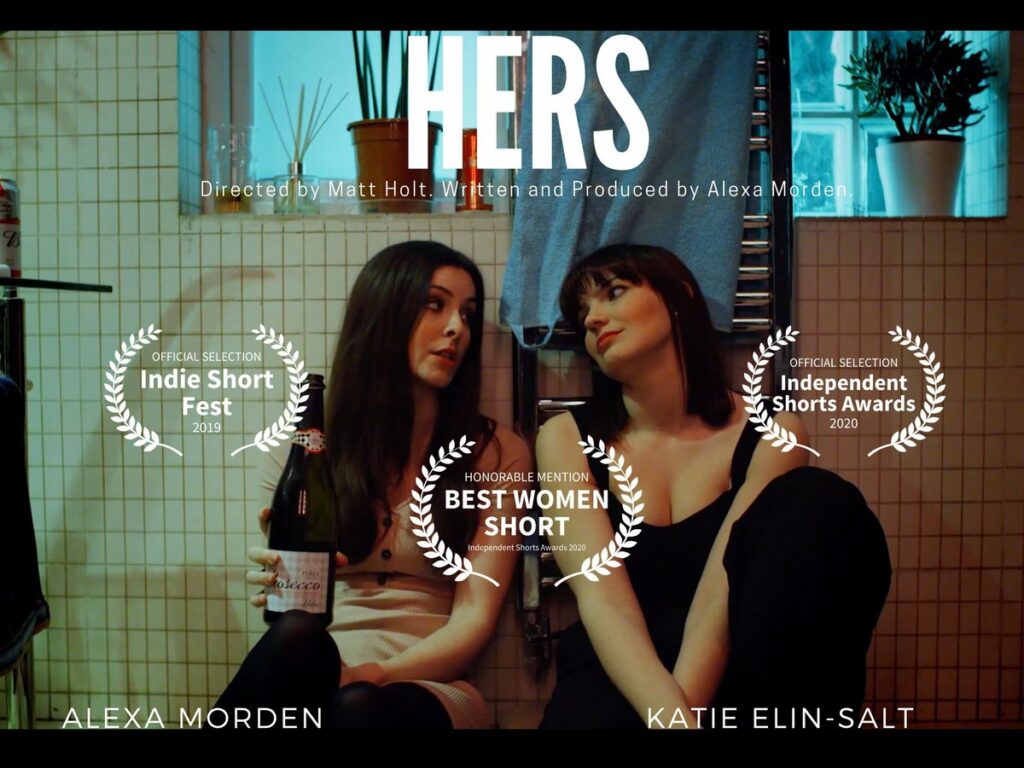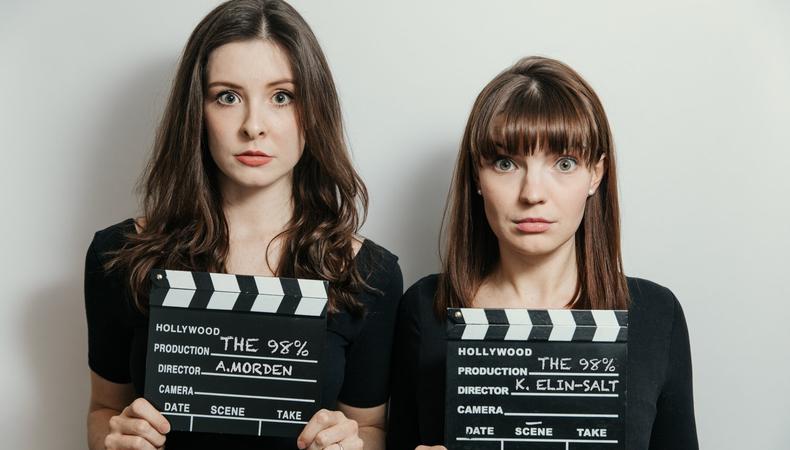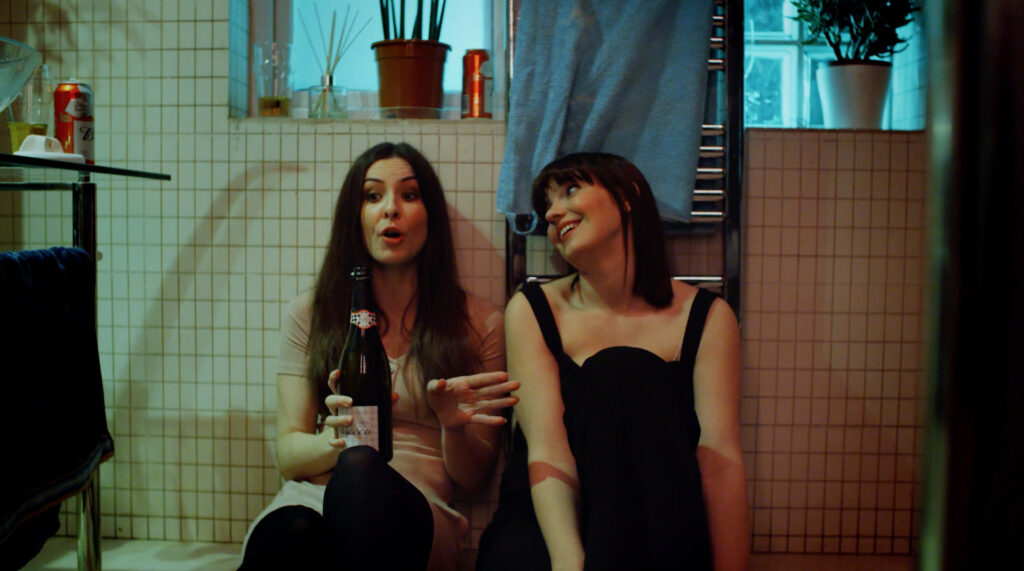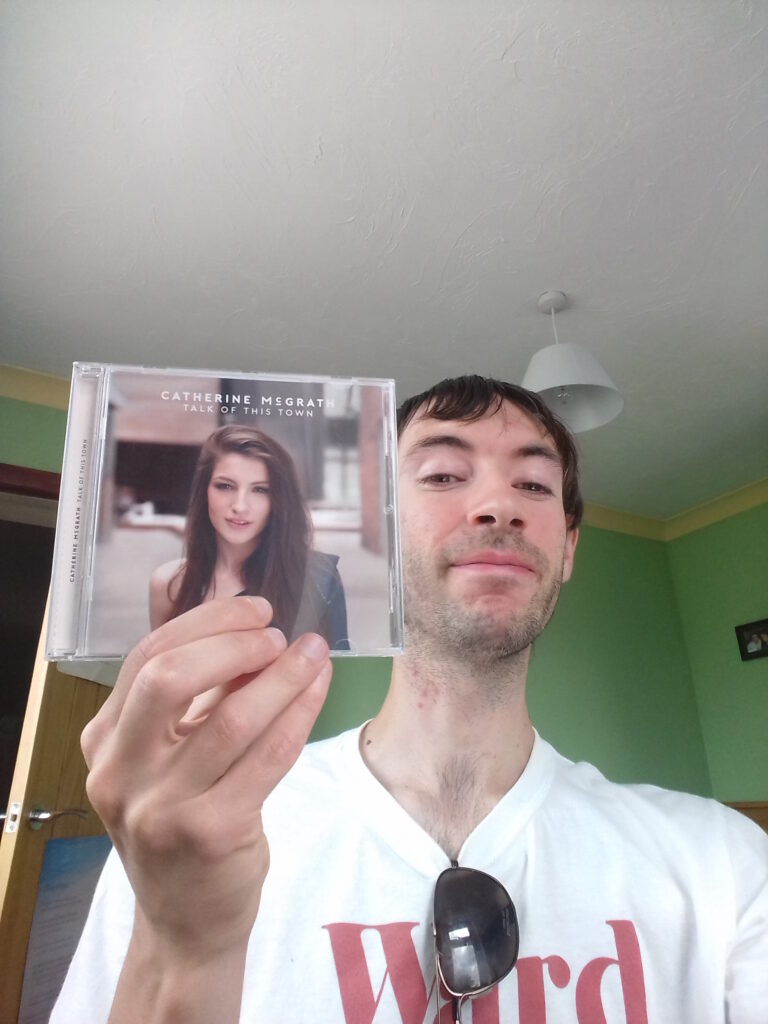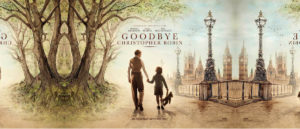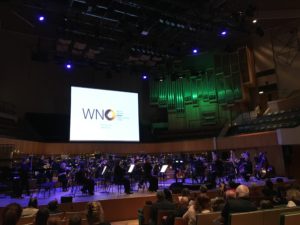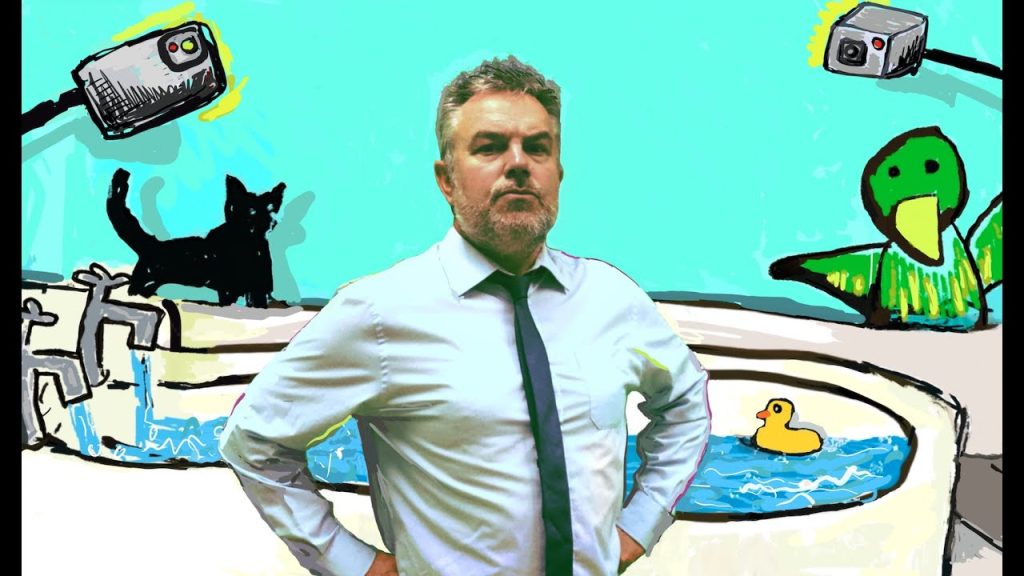
 (4 / 5)
(4 / 5)
The Covid lockdowns presented both challenges and opportunities for creatives. For actor Keiron Self and producer Kevin Jones, The Martin Decker Show was conceived in such a context and now reaches its climax in a 70-minute film. Shot almost entirely on iPhone and GoPro cameras, it is a witty and cleverly conceived mockumentary that parodies the self-made ‘stars’ of social media. It lightly pokes fun at the online world of gaming and fitness videos while telling a story that contains a real depth of emotion. I was pleasantly surprised by its ability to be both humorous and heartbreaking. It is by turns off-piste and tragic.

Fans of Self will recognise in his protagonist some of the hapless romanticism of another of his characters, Roger Harper, from the sitcom My Family, for which he’s best known. In Martin Decker though there is a repressed sadness behind the jollity that eeks out as the narrative progresses. This results in a story that is full of pathos, made all the more prominent by the comedy on which it is built. What is witnessed is, in essence, a mid-life crisis; a mental breakdown of sorts of a white, middle-aged man who refuses to accept that his wife no longer loves him. The film ingeniously points to this state of affairs: from the slightly rundown semi-detached dwelling to Martin’s loose-fitting appearance in shirt and tie, not to mention the many calamitous moments while filming videos for his YouTube channel. He is, in many ways, a reincarnation of Keith Barrett, actor-comedian Rob Brydon’s character in the sitcom Marion & Geoff. He certainly displays the same kind of false positivity that at once draws sympathy and pity. But there is also a growing insanity, presented in such an offbeat style that one is forced to laugh at him at times, in spite of oneself and his situation. Martin’s stubborn refusal to admit what is happening right in front of him becomes both the cause and effect of his comedic value. Add in the deadpan commentary of Lynne Seymour, who also plays Martin’s wife, and it is a recipe for pure entertainment.
There is a serious side though. For encased within scenes of Minecraft videos and tinselled-up cars are genuine moments of tragedy. They beat palpably through the silence which is held by Self with such deftness that it’s hard not to be emotionally struck by the hopelessness and humility of his personal circumstance. It comes to a head in the bathroom, where most of Martin’s videos have been shot. He hides in a cupboard from whom he thinks is his wife’s new fella when, in fact, it is her. There is something incredibly poignant about her message to him, delivered, as it is, via the very camera that he has used to form his own YouTube channel. The consequence, when he finally faces up to reality, is so simply and beautifully done that one is left to admire, with satisfaction, a film of unexpected depth and genuine charm.
The Martin Decker Show may start with its protagonist faking applause for his own show. But by the end, this real audience member was clapping authentically, so impressed was I by this lockdown creation.
For more info, including cinema screening dates, click here.

Gareth Williams

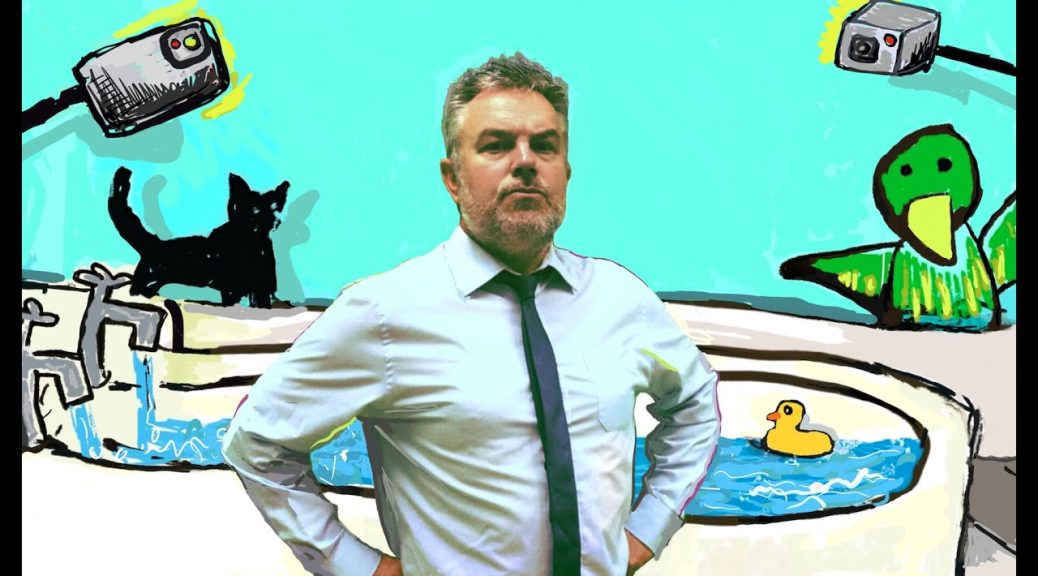
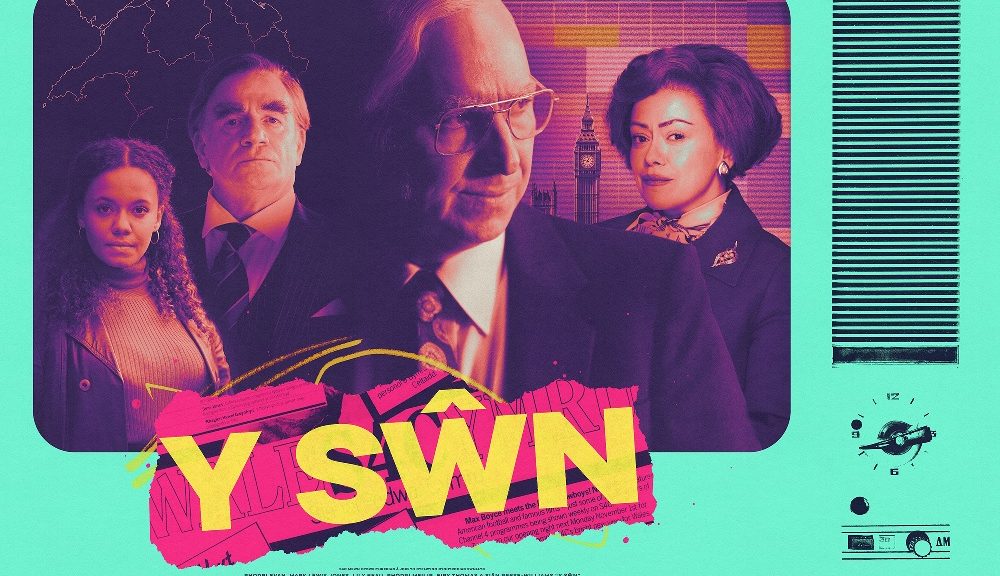

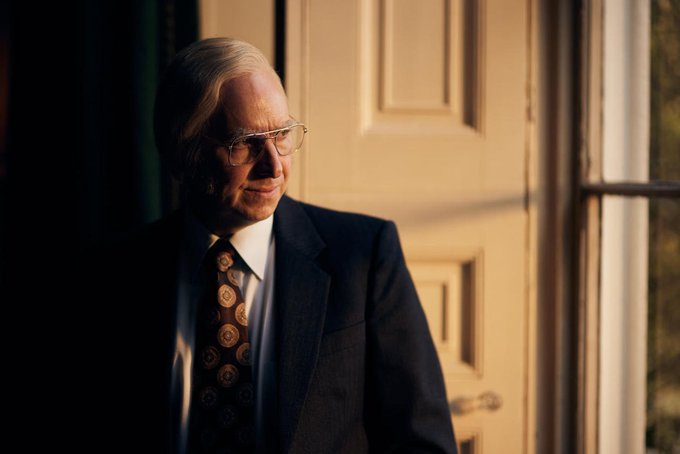
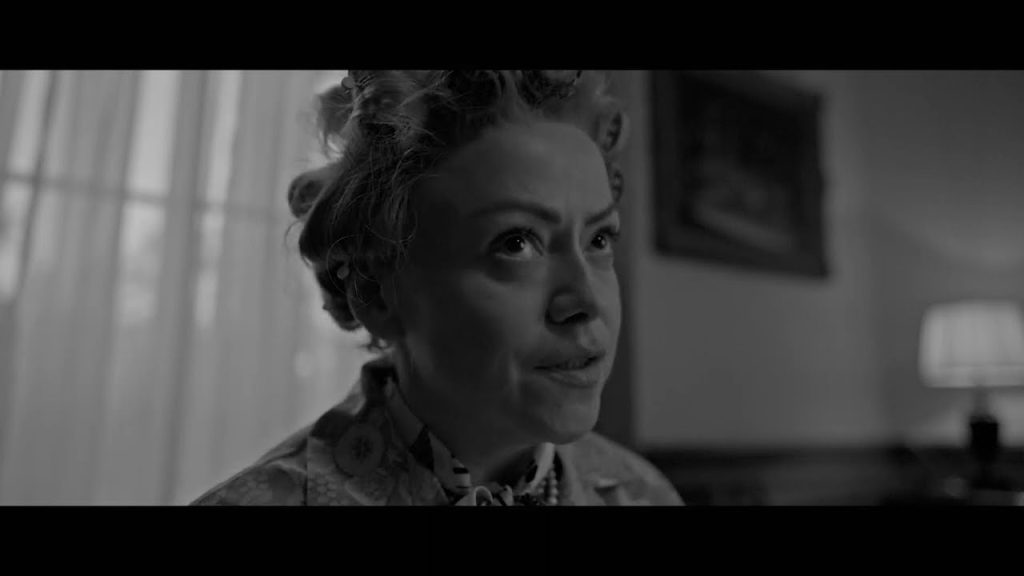
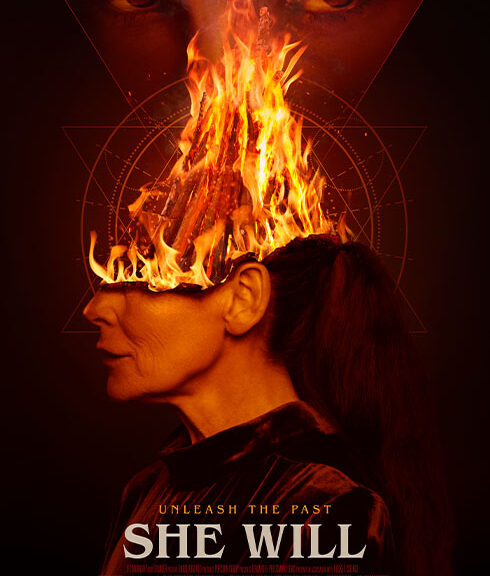
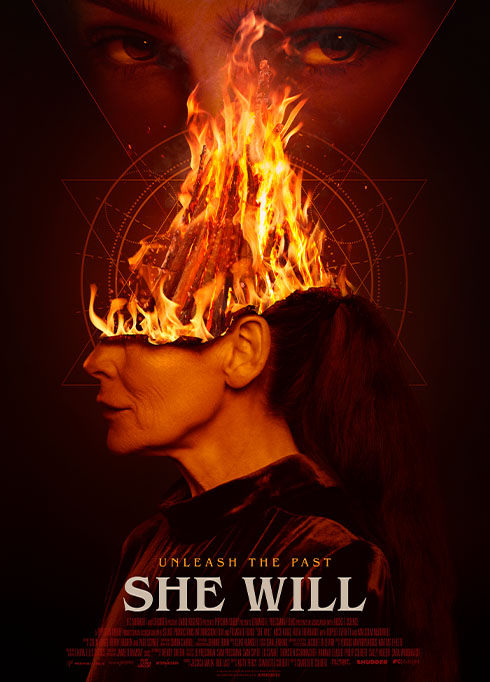
 (3.5 / 5)
(3.5 / 5)
 (3 / 5)
(3 / 5)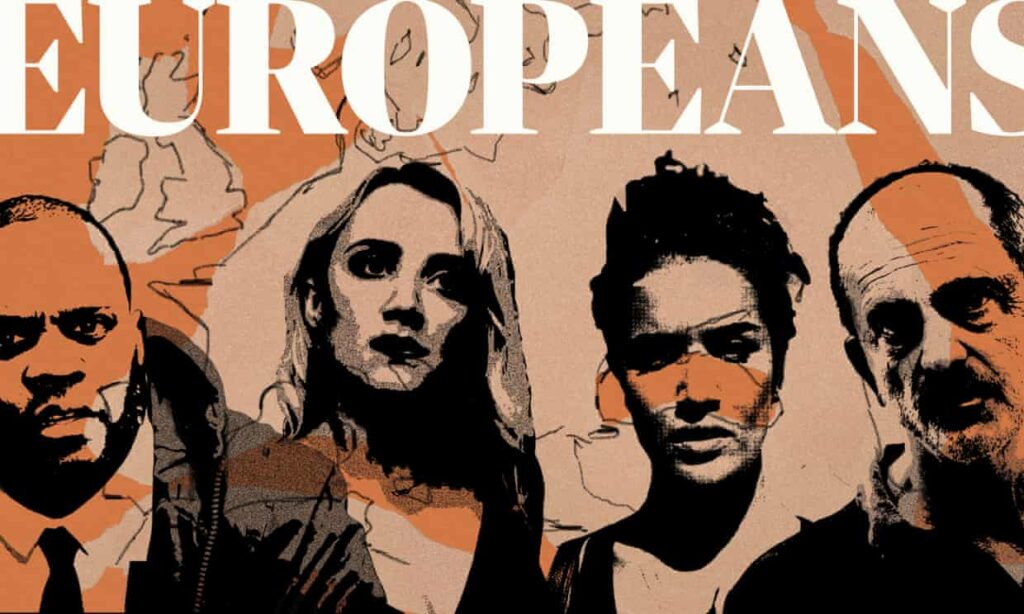
 (5 / 5)
(5 / 5)